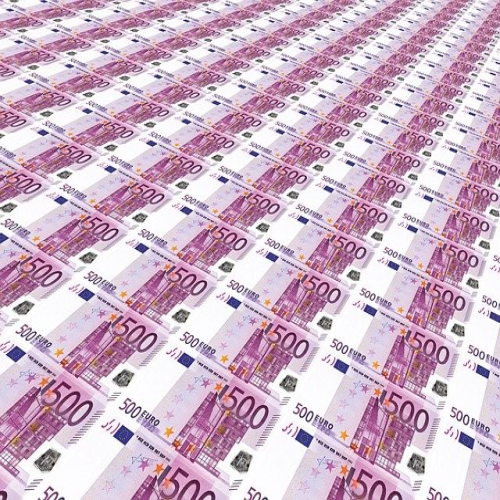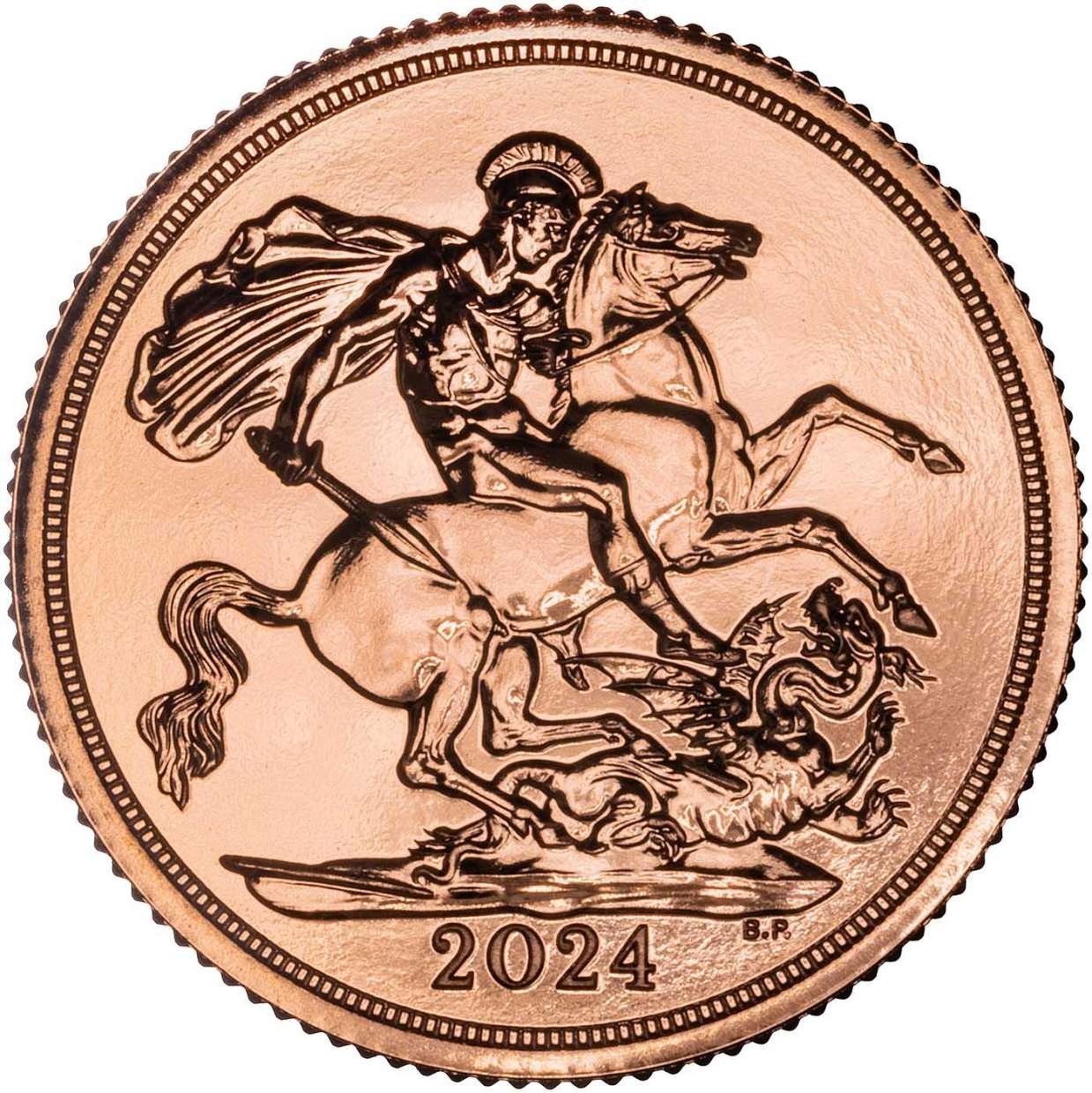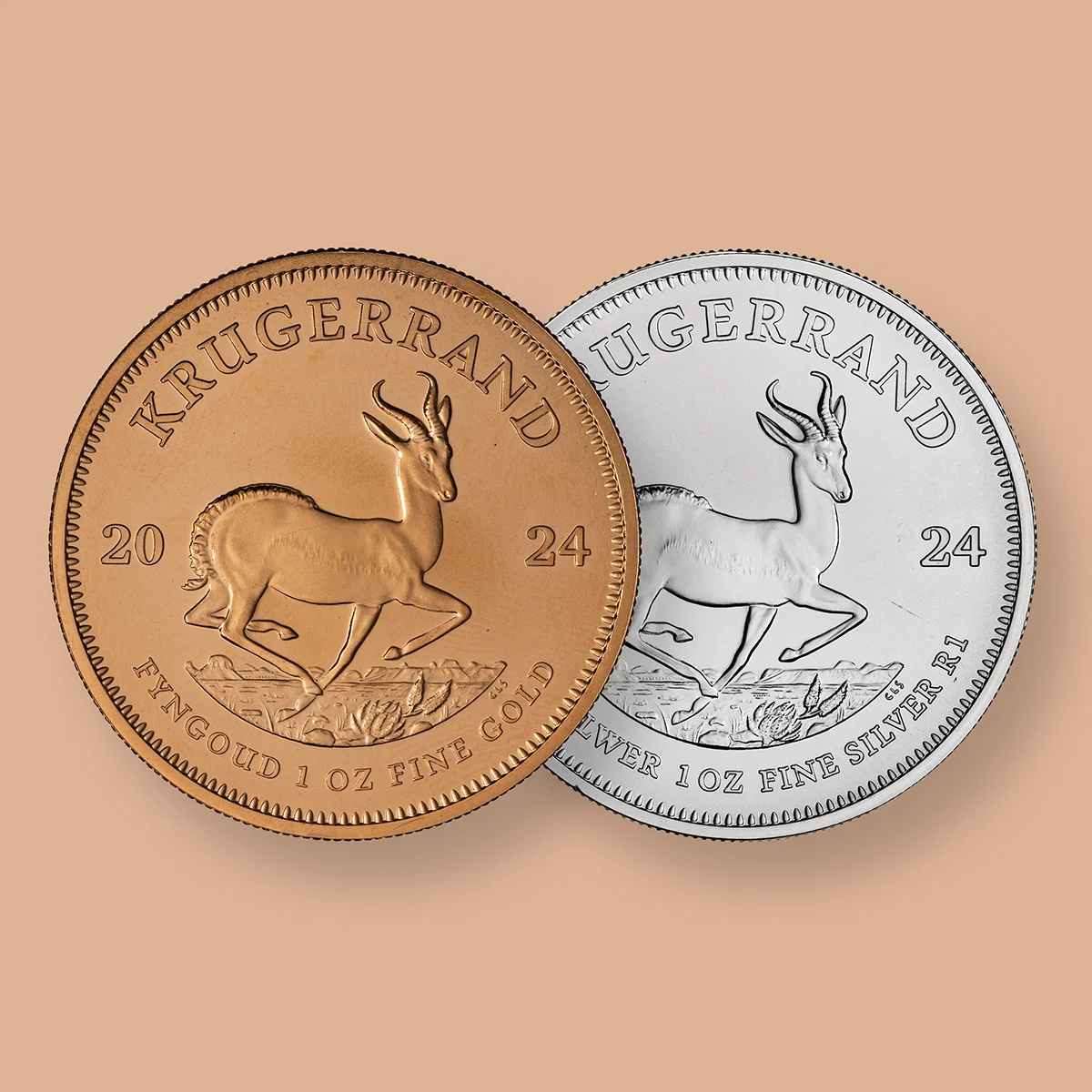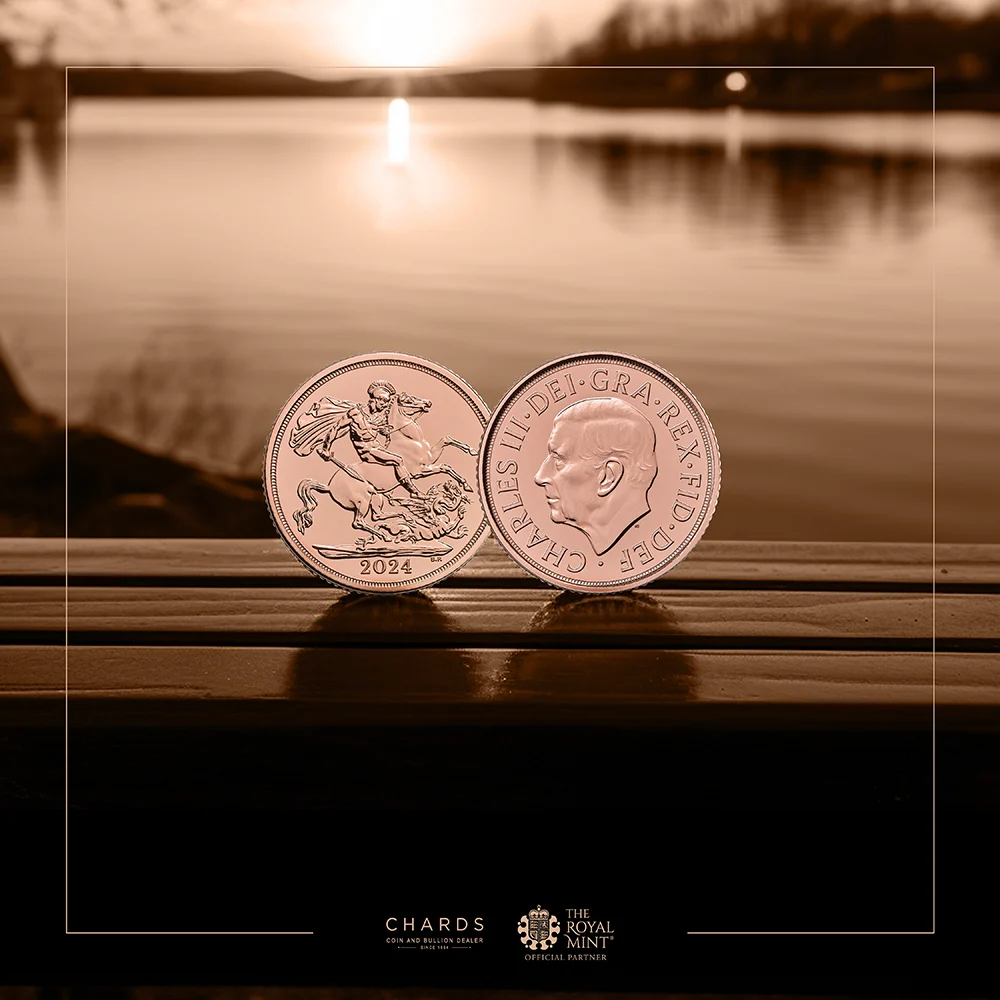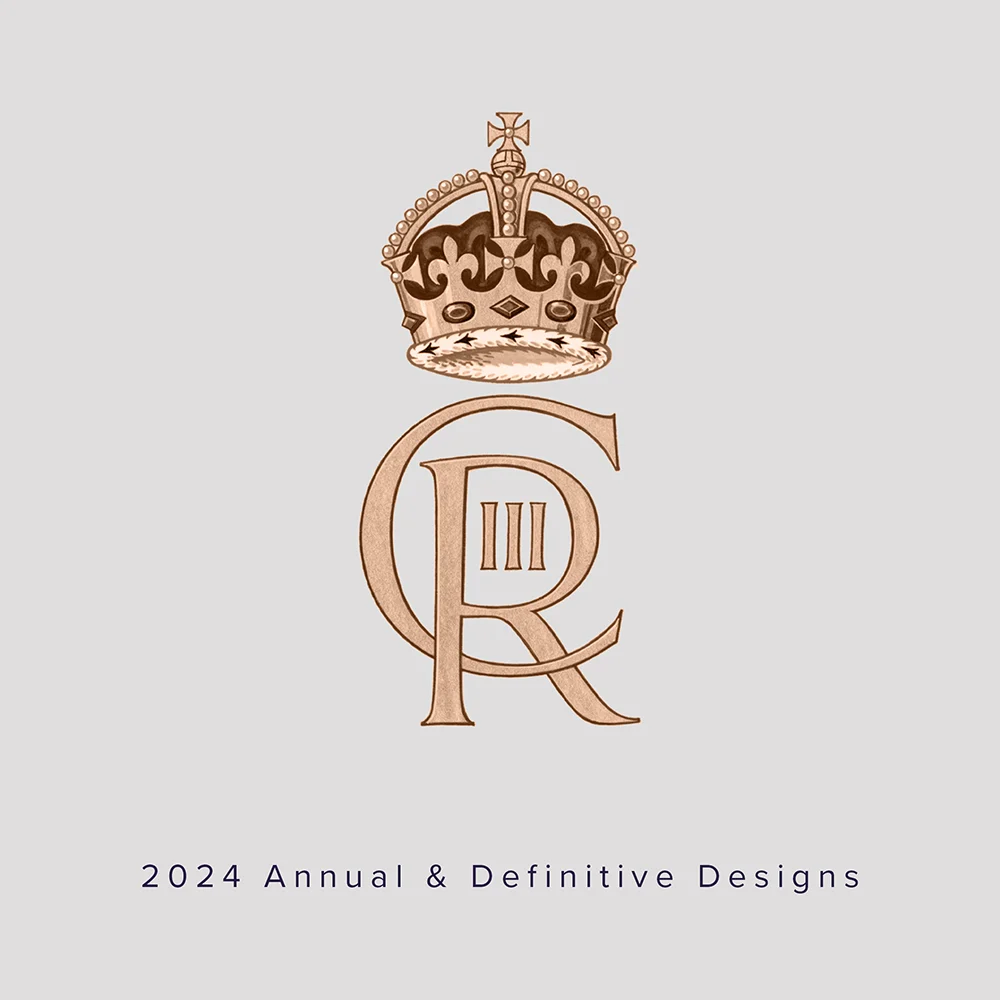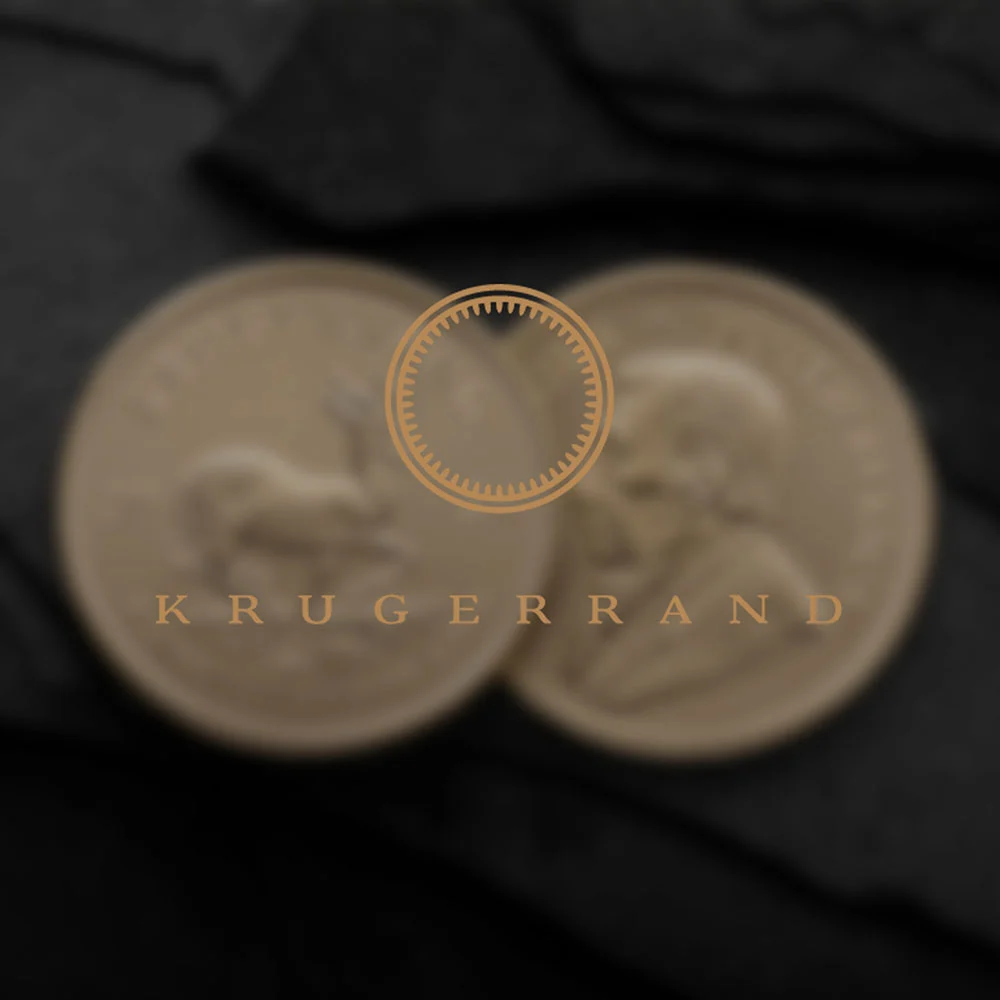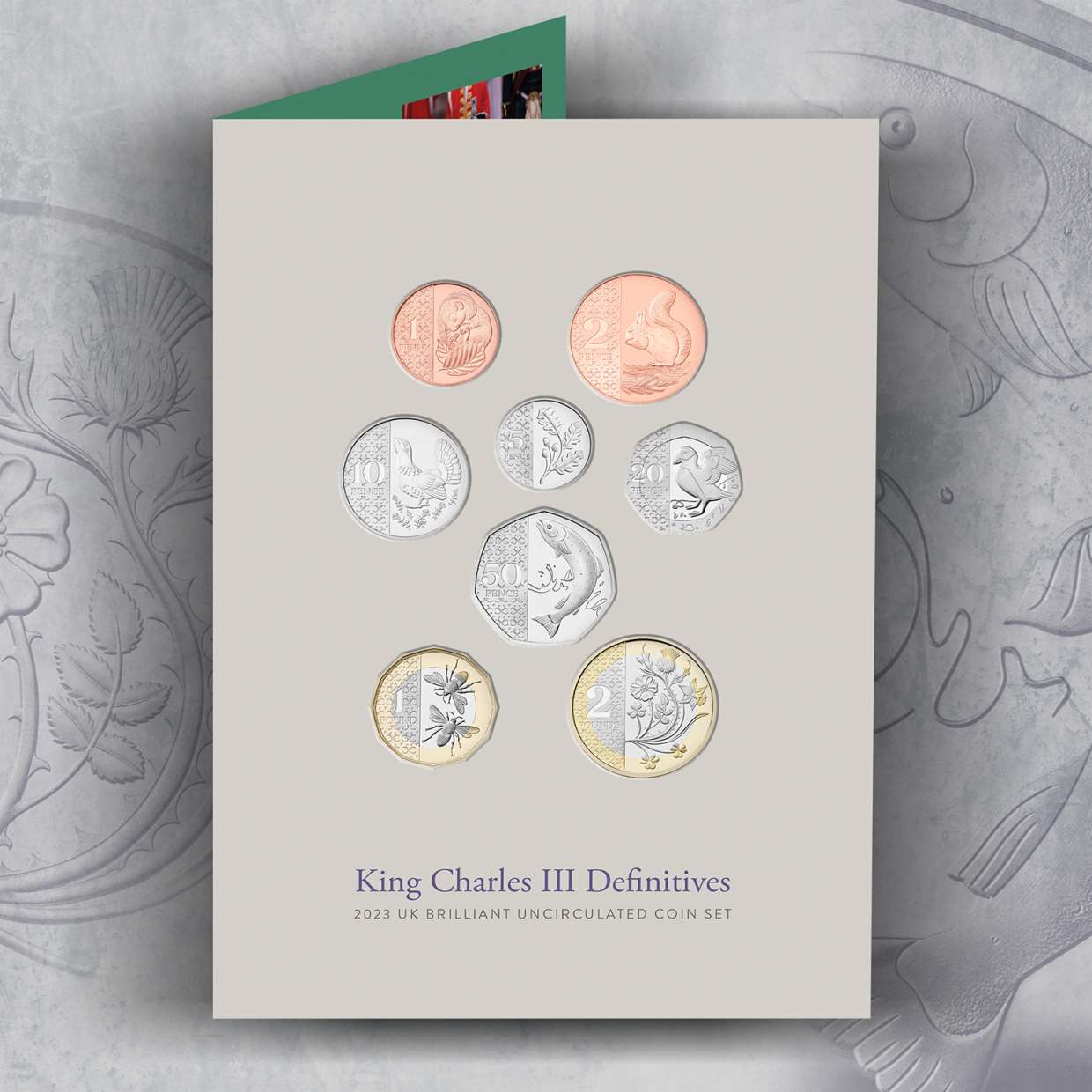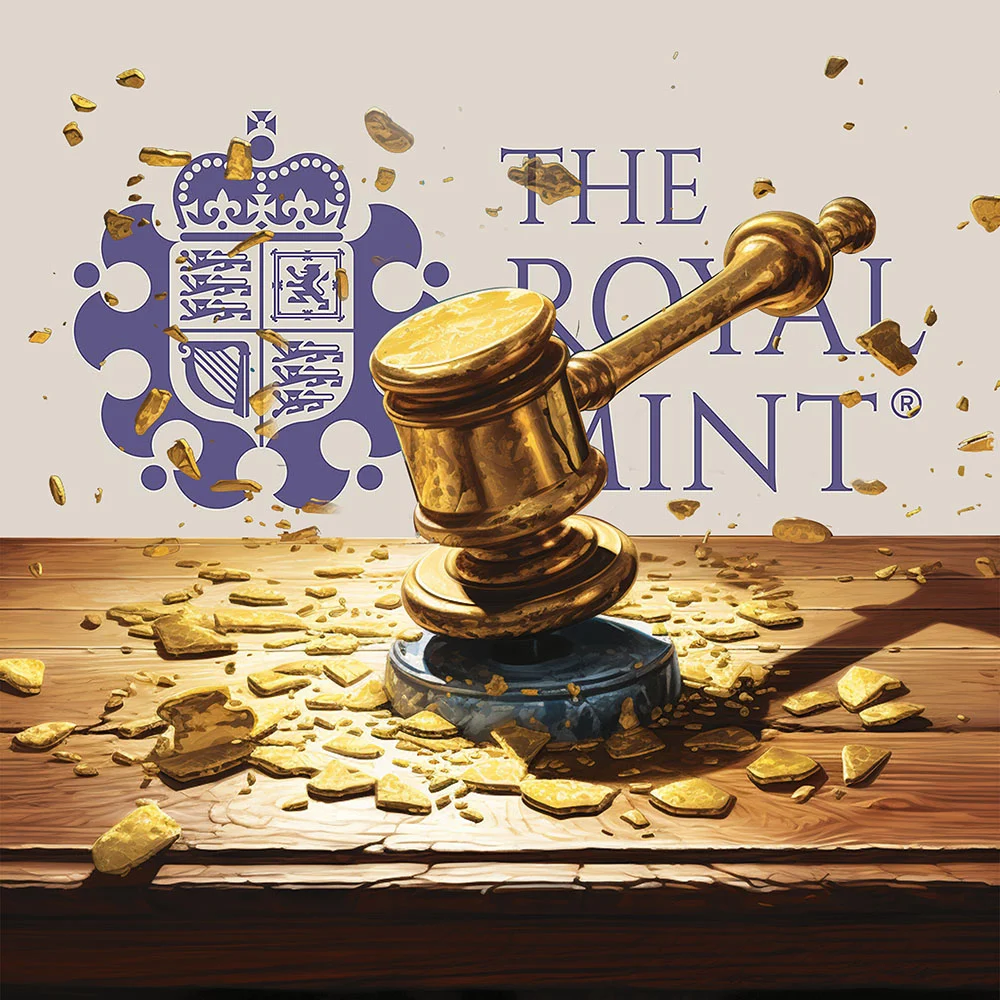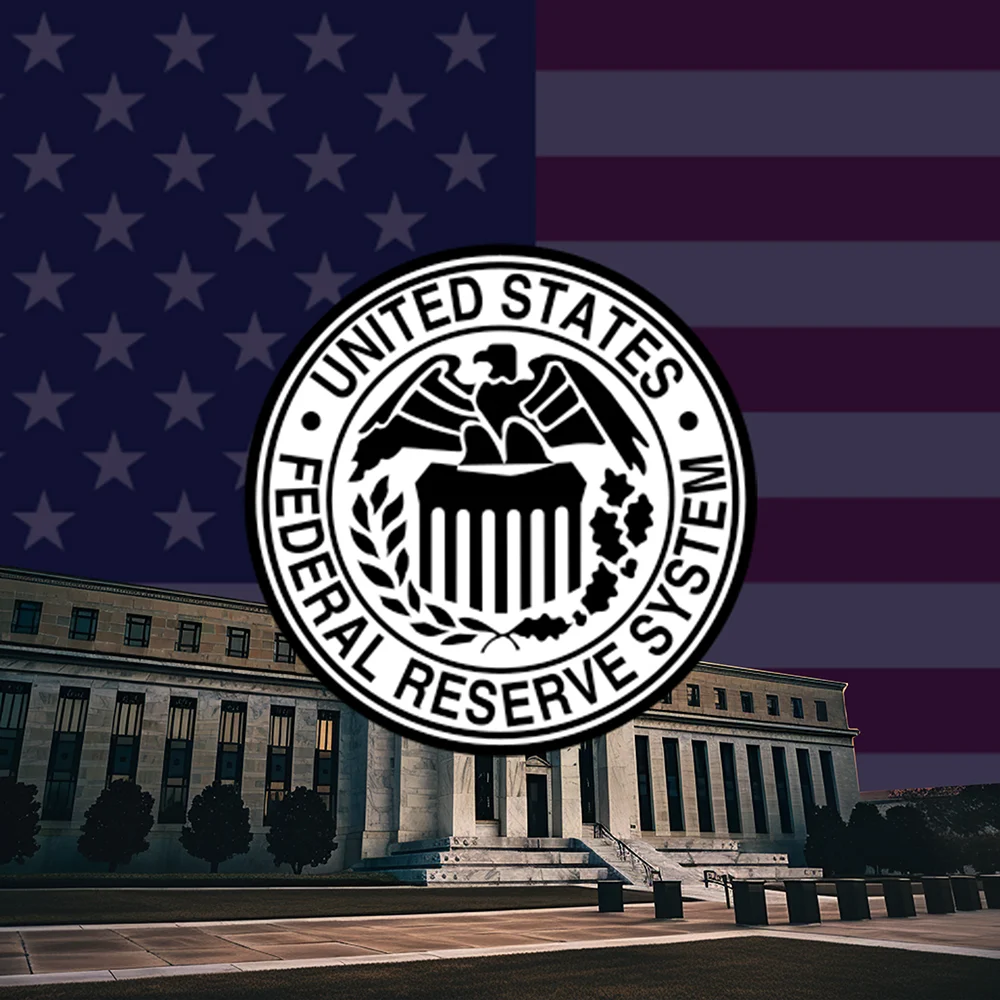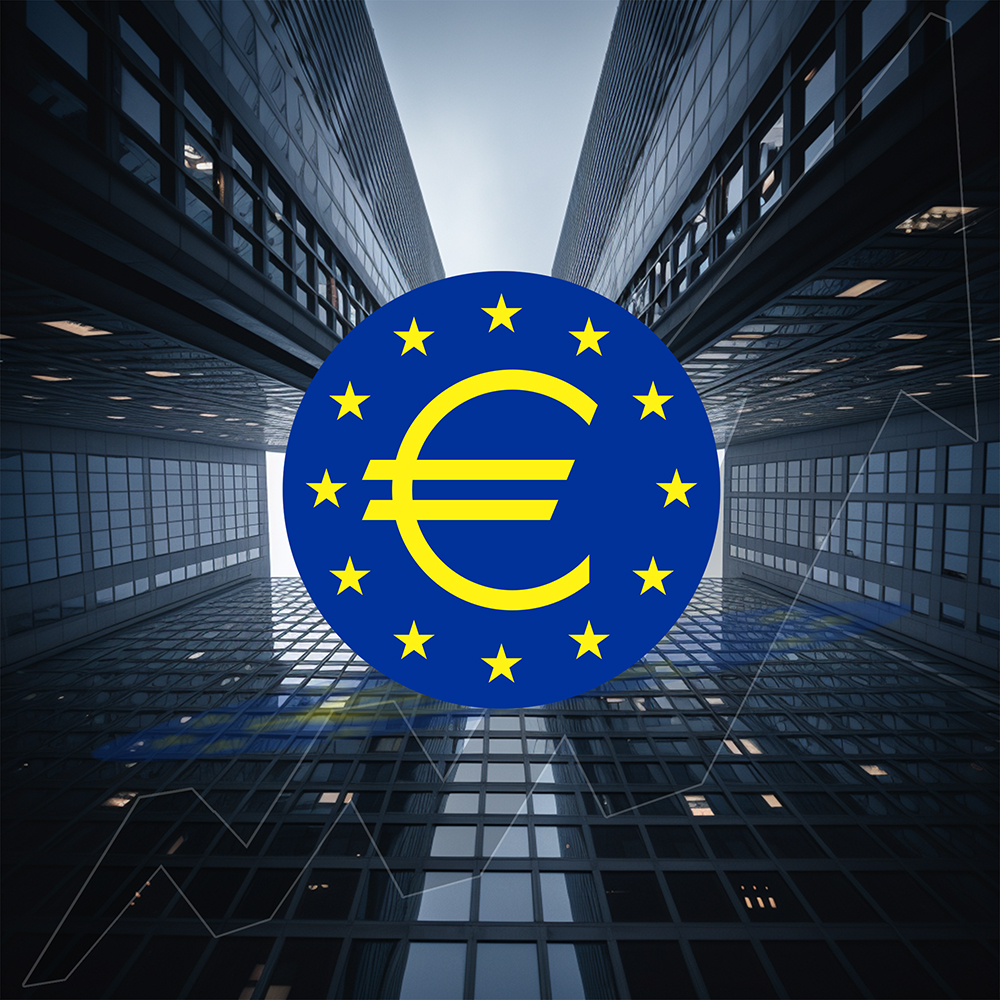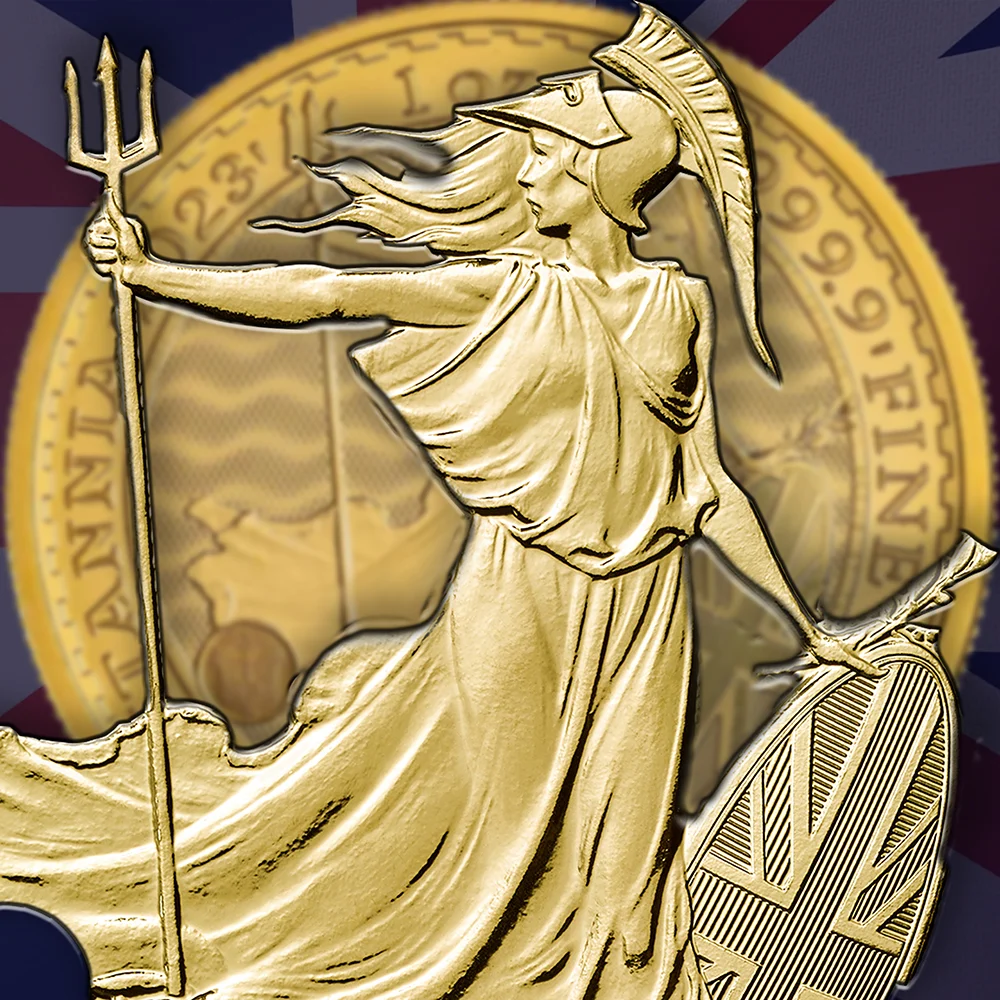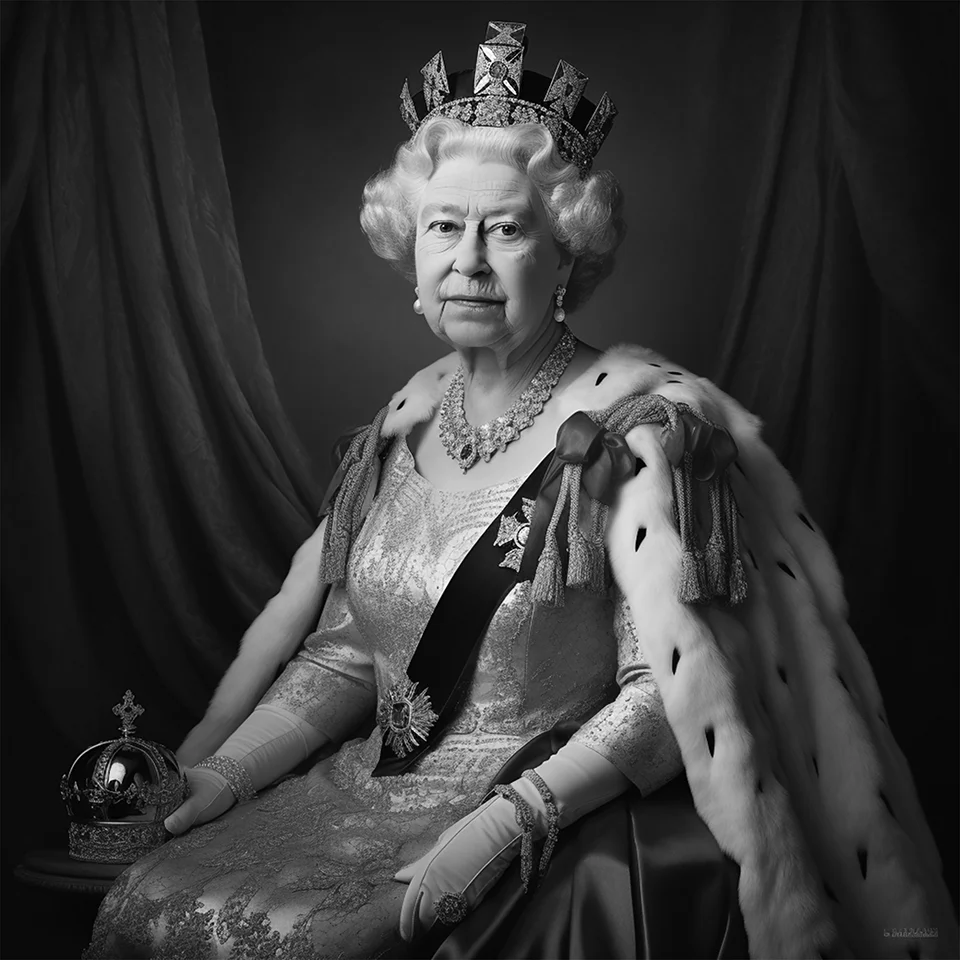What Has More Value? Gold or Bitcoin?
Synopsis
Beauty is in the eye of the beholder. It's probably the simplest way of saying that value is subjective.
As we have seen over the last 18 months, government responses to the COVID-19 pandemic have been to print more and more money. This has led to further distrust in fiat currencies and has sent more people into “safe haven” assets like precious metals and more risk-heavy assets like cryptocurrency.
But what gives assets like currencies and commodities value? Why are these assets considered more valuable than fiat, and can they co-exist?
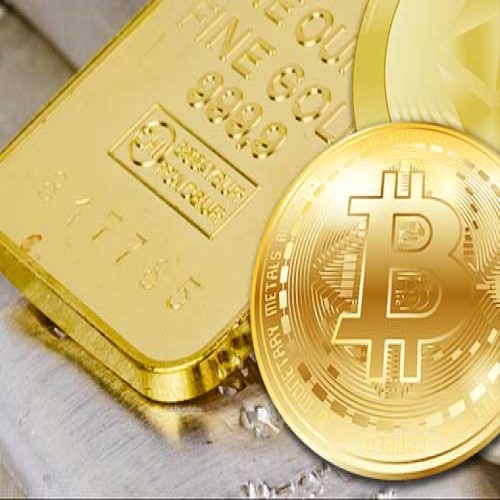
What is Value?
Value can mean different things to different people. It can mean a principle or standard of behaviour, it can mean how much emotional attachment someone has to something. Many times, we refer to value simply as how much something costs.
The diamond-water paradox questions why all the water in the world, with so much utility has a high use value but little exchange value, while all the diamonds (or gold, for that matter) in the world, have such high exchange-value but little use value.
It wasn’t until the 1870s that the paradox was answered. People don’t choose between all the water in the world and all the diamonds in the world. They only choose marginal units of a good. With water being a good in large supply, there are more units (mouthfuls of, glasses of, bottles of etc.) to choose from, therefore the value for this good is relatively low. Diamonds and gold are scarce, and can only satisfy few at a given time, therefore their exchange value is high.
This theory became known as the marginal utility theory and is closely linked to the “Subjective Theory of Value”. This theory proposes that the value of a good is not determined by the labour that has gone into manufacturing the good (Labour Theory of Value), or any intrinsic or inherent property, but by the consumer.
Subjective value therefore imples that trade occurs not because 2 products have equal value, but because they have an unequal value.
Why Does Money Have Value?
Money, whether it is in the form of coins, notes, digital tokens etc., is unusual, because people tend to, but not always, exchange it for goods they will eventually consume.
In these days of fiat currency, money takes the form of paper notes or base metal, which have been given face values far above their intrinsic or market value.
The value of fiat money comes from the public’s faith in its government or central bank. But, as we see inflation rising, and the exchange-value of the pound, dollar, euro etc. eroding, where are people likely to turn?
Why Does Gold Have Value?
Gold has been used as money for thousands of years and is considered by some to be a “free-market money”. It’s durable, scarce enough that it won’t lose value over long periods and has been a reliable unit of account for as long as it has been in use.
Perhaps more importantly, the last hundred years or so have seen gold become a hedge against inflation. While governments and interventionists have enacted policies remove gold from circulation and the economy in general, its value has only increased.
So, how is gold valued?
Because gold is primarily traded rather than consumed, it is not valued in the same way as a consumer good. Like any investment asset, gold prices are derived or estimated. They are based on how entrepreneurs (anyone undertaking some form of economic risk), believe it will perform in the future. Its value will decrease if they believe its price will go down and increase if they expect it to rise.
(As a side note, it is interesting to see how values can diverge with gold coins. For example, 2 ounces of gold has an “intrinsic value” of approximately £2,700. Investors may be willing to pay a small premium over the spot price for a couple of gold Britannias or gold eagles. But what about a 2-ounce 3 Graces coin? It has the same intrinsic value, but serious collectors will pay over £30,000! Or what about a 1932 gold double eagle which this year sold for $18.9 million!!)
Why Does Bitcoin Have Value?
Bitcoin shares some of the characteristics of gold and its inception was brought about by some of those who saw a devaluation of fiat currency.
Like gold, Bitcoin is finite. Its supply is limited by its own coding so that only 21 million bitcoins will be mined.
Decentralisation has been a key factor in Bitcoin’s rise, especially as government policies seek to inflate money supplies and lower their purchasing power. This also removes any third-party risk.
Gold too, also has a thread of decentralisation as many private companies enter the business of mining gold. Even into the early 20th century, there were many privately owned mints that struck coins for general circulation (e.g. The Heaton Mint in the UK).
Gold and bitcoin are both portable although transferring large quantities of gold can be cumbersome. Also, high exchange fees can increase the cost of transferring bitcoins between wallets.
They are also both durable, but while gold is a tangible product, Bitcoin’s durability lies in its secure mathematical coding known as the “blockchain”. This is an open ledger, available to the public, which allows for a digital paper trail of all transactions. Further developments in cryptocurrency and blockchain technology have led to the introduction of "non-fungible tokens" (NFTs) which among other uses give proof of ownership of a particular product.
Some platforms are so confident in the security of the blockchain, that they have offered "bug bounties" to those who can successfully find vulnerabilities in their network.
Even some of Bitcoin’s harshest critics have pointed to some of the positive aspects of this technology.
Why Does Fiat Currency Have Value?
It might seem that goldbugs and crypto enthusiasts are constantly at each other’s throats on social media. One thing that many of them have in common is their dislike and distrust for fiat currencies.
The Latin word “fiat” roughly translates to “let it be done”. It can be defined as money declared as legal tender without being backed by a commodity.
Fiat currencies have been used for centuries but have rarely lasted long as other valued items such as gold or silver. The Chinese Jaozi is said to be one of the earliest forms of paper money, and although it was valued at exchange rates for gold, silver or silk, the continual printing of paper notes led to price inflation and the notes were devalued.
Similarly, Continental banknotes began to circulate in the early United States after the Revolutionary War broke out. But depreciation soon followed as Congress and the various states continued to issue bills of credit.
Since the end of the gold standard (currencies backed by gold) and the Bretton Woods agreement (a pseudo-gold standard where currencies are backed by US dollars rather than gold), most world currencies are on a fiat standard where the only thing backing them is public trust. However, public trust in governments and their currencies is dwindling.
Summary
UK inflation hit a 10-year high in November (4.2%) and according to the Bank of England, could hit 5% early next year. In the US, inflation is over 6.2% (as of October) with some, such as Saxo Bank, predicting inflation will hit double digits by the end of 2022. Due to the inflationary nature of fiat currencies investors and the general population have begun to seek protection from devaluation.
Both gold and Bitcoin have the benefit of limited supply. Both are free-market money. Gold has history on its side. Bitcoin is considered to be “the future of money”.
But neither of these are used in day-to-day transactions, although countries such as El Salvador who have adopted Bitcoin as legal tender. Even gold and silver legal tender coins are rarely used (with one notable exception), due to their intrinsic value far outweighing their face value. Fiat currencies still maintain the go to status as far as regular transactions are concerned.
Value is subjective. Even the most hardened crypto and goldbug could see the value in holding minimal amounts of £s and $s to pay bills and taxes.
Can gold, bitcoin and fiat co-exist? It remains to be seen. If inflation continues its current course, how long until people lose faith entirely? Gold has been the medium of exchange for millennia, will it or can it continue? Bitcoin is an incredible innovation and has huge upsides but is still young and is incredibly volatile. Is it still too volatile to be a serious competitor to gold?
2020-2021 has been one of the most difficult trading periods, certainly in recent history. With rampant inflation, high unemployment and further threats of lockdown, nobody is sure which direction and when markets will move.
It would perhaps be sensible to spread risk across several asset classes. It all depends on which holds more value to the investor!
(The above is an opinion and is not intended to be investment advice. We recommend consulting a qualified financial advisor before making any major decisions.)
Related Articles
Popular Products
This guide and its content is copyright of Chard (1964) Ltd - © Chard (1964) Ltd 2024. All rights reserved. Any redistribution or reproduction of part or all of the contents in any form is prohibited.
We are not financial advisers and we would always recommend that you consult with one prior to making any investment decision.
You can read more about copyright or our advice disclaimer on these links.


